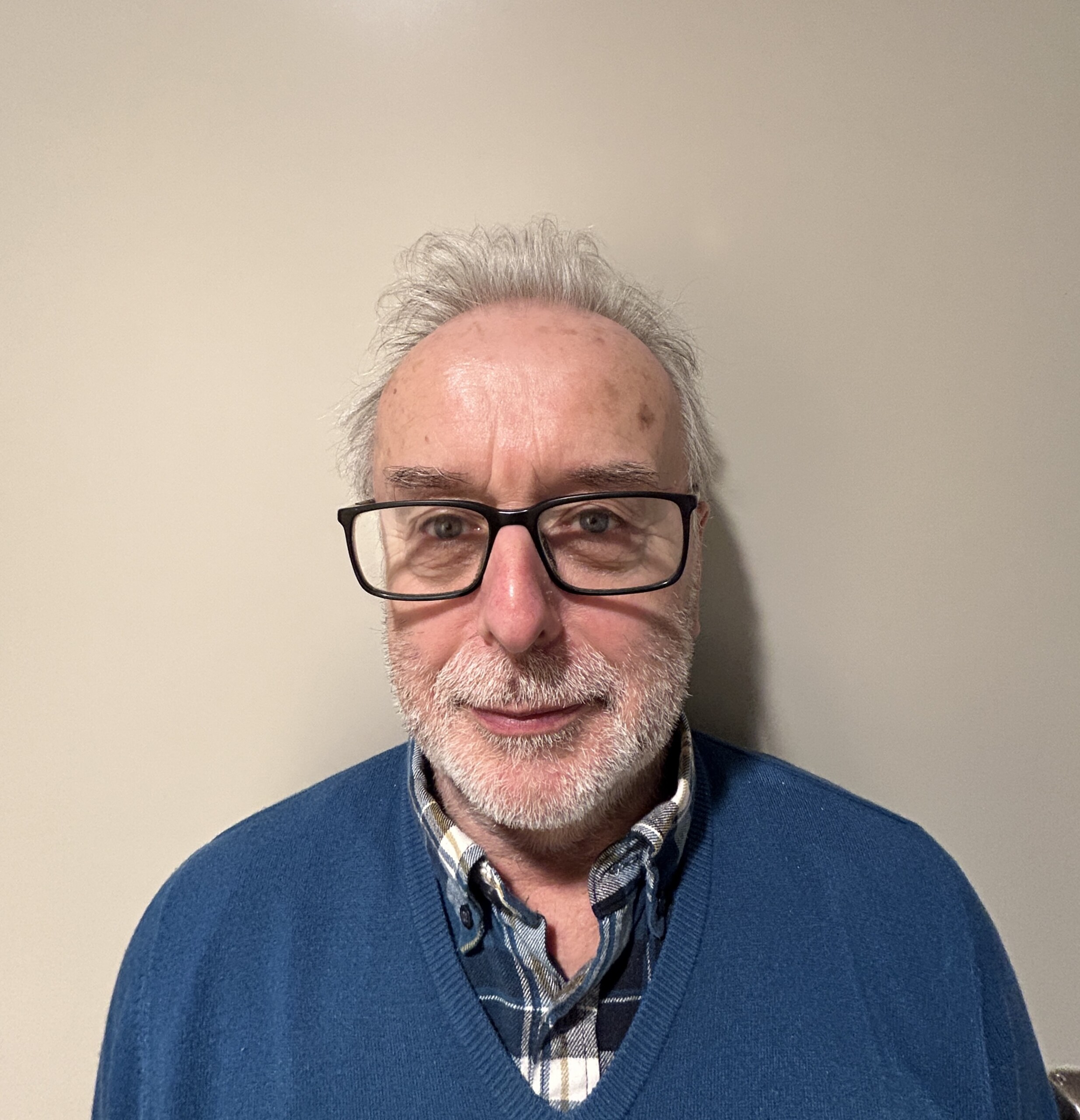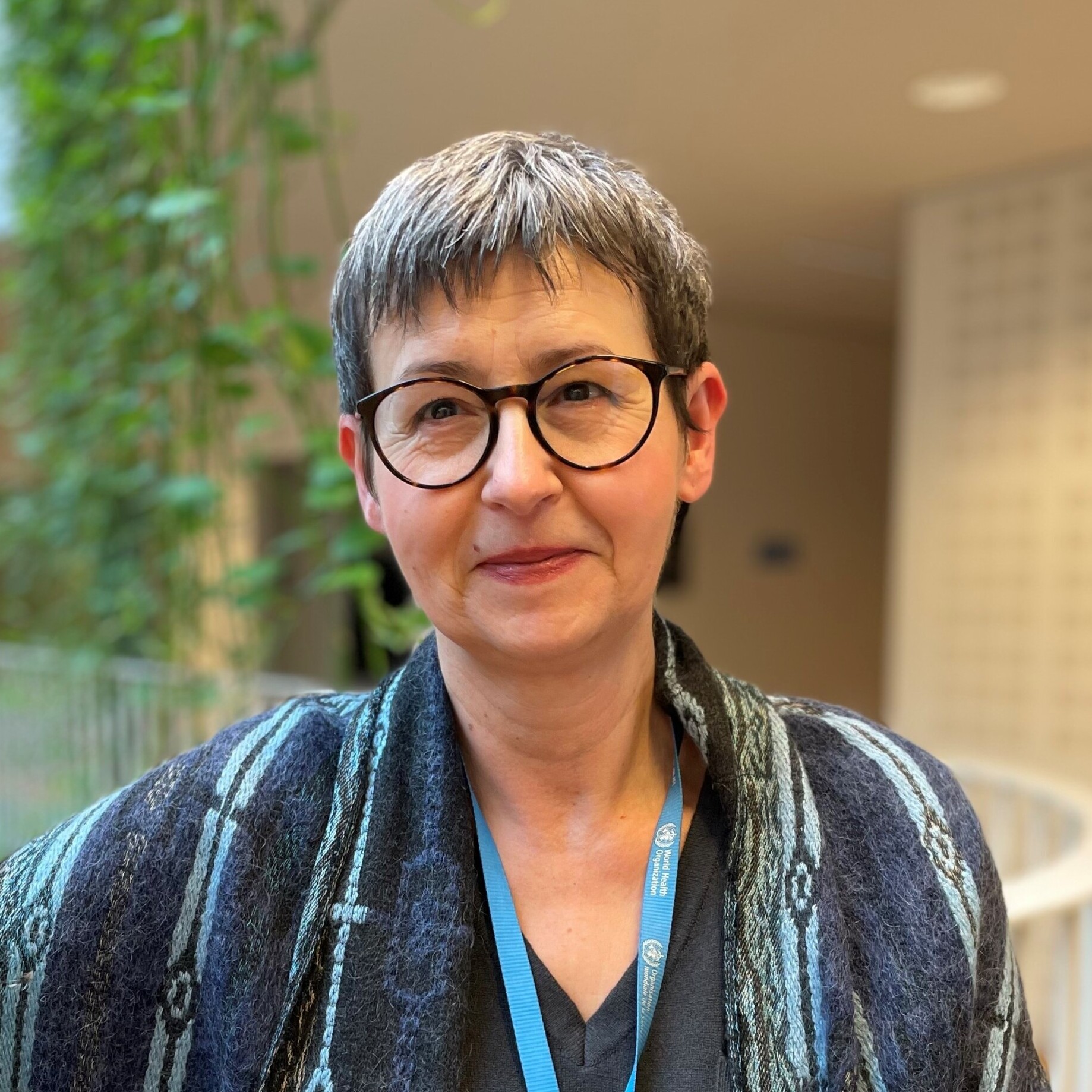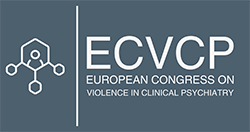Keynote speakers and Expert Workshop
Dr. Tirion E. Havard is a Professor of Gender Abuse and Policy at London South Bank University. Her research focuses on Gender Based Violence and includes Domestic Abuse (specifically coercive control), Technological Abuse and Child Criminal Exploitation, including the intersections between them. Dr Havard draws on her practice experience as a probation officer supervising and managing high risk offenders, including perpetrators of domestic abuse and gang members to inform her research which focusses on the experiences and needs of female survivors of abuses. She has worked alongside The Mayor’s Office for Policing and Crime (MOPAC) London and the National Police Chiefs Council (NPCC) assisting them with their Strategic Threat and Risk strategy for Violence Against Women and Girls strategy. Dr Havard was also seconded to English Parliament advising them on domestic abuse and child criminal exploitation. Dr Havard is currently research the role of Transformative Justice in the reintegration of women with convictions into their local community and is guest editor of an upcoming special edition journal about women in the Criminal Justice System.
Prof. Jorun Rugkåsa is a Research Professor at the Health Services Research Unit, Akershus University Hospital, Professor at the Centre for Care Research, University of South-Eastern Norway and Professor of Mental Health Care at Oslo Metropolitan University. She is a sociologist with 25 years’ experience of health services research in Ireland, Northern Ireland, England and Norway, and over the last 15 years her research has mainly focused on coercive mental health care.
Richard Whittington is a Research Adviser at St. Olav’s Hospital Trondheim and Professor in the Institute of Mental Health at the Norwegian University of Science and Technology (NTNU). He is Chair of the COST-funded network ‘Fostering and Strengthening Approaches to Reducing Coercion in European Mental Health Services’ (FOSTREN) which has run 2020-24. He has published research and reflections on institutional conflict and systemic violence over the past 30 years including “Violence in Mental Health Settings” (2006, co-edited with D. Richter) and “Violence Rewired” (2020, co-authored with J. McGuire). His main focus is on the social psychology of restrictive practices in mental health care.
Keynote Debate with Tilman Steinert and Dirk Richter
Should coercion in mental health care be abolished – and would this even be possible? A pro and contra debate
The question of the permissibility of coercion in mental health care has occupied psychiatry for decades. The United Nations Convention on the Rights of People with Disabilities has reignited the debate. The discussants of the program item take opposing positions on this matter. Dirk Richter, a sociologist and nurse, published a book (in German) last year in which he described the use of coercion in mental health care as no longer justifiable. Tilman Steinert, a psychiatrist and researcher who oversaw the German Guideline on Prevention of Coercion, on the other hand, is of the opinion that coercion is a necessary and indispensable part of the care of people with mental illnesses.
Dr Michelle Funk is the Head of the unit on Policy, Law and Human Rights team at the World Health Organization in Geneva and has global responsibility for this area of work. She also leads the WHO QualityRights Initiative which builds capacity of stakeholders to understand and promote human rights and recovery approaches, and supports countries to develop services, policies and laws in line with international human rights standards. Dr Funk, has produced landmark guidance including mental health, human rights and legislation launched in 2023; on person centred-rights based community mental health services (2021), the WHO QualityRights training, guidance and transformation in mental health (2019) and is currently in the process of developing new guidance on mental health policy and action plans. She has published extensively on these topics in peer review journals. The title of her presentation is: The World Health Organizations work to promote rights based approaches in Mental health – the impact of WHO QualityRights.
Melita works as a Technical Officer in the Mental Health Flagship team at the WHO Regional Office for Europe. She is a psychologist from Bosnia and Herzegovina with over 20 years of experience in the field of mental health at the national, regional and international level. The largest inter-country projects she has coordinated include the Mental Health Project for South-eastern Europe, implemented under the Stability Pact’s Social Cohesion Initiative from 2002-2008, the WHO European Declaration Better health, better lives: children and young people with intellectual disabilities and their families, endorsed by the Regional Committee in Azerbaijan in 2011, and the ongoing implementation of the WHO QualityRights initiative in the European Region. She is currently working on the EU-funded project Addressing mental health challenges, which is implemented in the 27 EU Member States, Iceland and Norway. She will facilitate the interactive 90-minute QualityRights e-training workshop.











